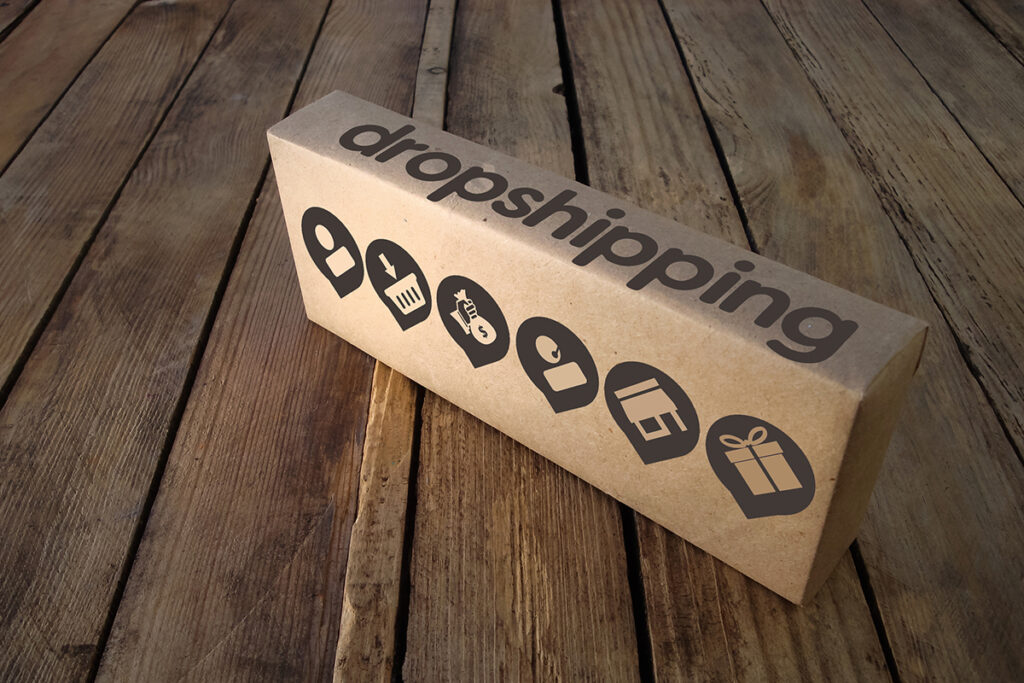Drop shipping has a really dirty name in the ecommerce world and in many cases rightly so, but it does give reputable drop shipping suppliers a bad name which is a shame as it’s often a perfectly legitimate business strategy. Amazon want to remind merchants of the Amazon Drop Shipping Policy and what it requires of your business.
Good Drop Shipping
When a retailer drop ships directly from a supplier with whom they have a contract drop shipping becomes a sensible business tool. Many retailers will drop ship large and heavy items that they simply don’t have room to hold in stock. This is common both in high street retail and online – for instance it’s rare for a DIY store to carry a full range of sheds and greenhouses, these will often be delivered direct from the supplier.
The crucial point for good drop shipping is that the merchant is the retailer of record, you know where to go back to if there’s a warranty or other issue with your purchase. The merchant will have a signed contract with the supplier.
Bad Drop Shipping
The dirty side of drop shipping is when a merchant masquerades as a local in-country seller and when a consumer makes a purchase the merchant places an order to a drop shipper. This is often automated via software and the drop shipping is frequently a factory in China, although at other times could be a random retailer who doesn’t even know the ‘gift address’ they are shipping to is fulfilling a drop ship order. This can mean no warranty if the product is faulty, no consumer protection if the product is dangerous, and you might not even know who the supplier actually is.
Basically, if your method of drop shipping is placing an order where the supplier (retailer or wholesaler) isn’t fully aware that you are reselling and drop shipping then you’re conning your supplier and your customer and Amazon don’t want you on their marketplace.
Amazon Drop Shipping Policy
“If you fulfil orders using a third party, a practice known as drop shipping, you must follow all Amazon policies in order to ensure a consistent customer experience that easily identifies only you as the seller of record.
As an important reminder, all violations of the Amazon Drop Shipping Policy can break customer trust. As a result, any violation of our Drop Shipping Policy will negatively impact your account health and your ability to fulfil future orders using our Merchant Fulfilled Network (MFN).”
– Amazon
Drop shipping methods that are strictly prohibited on Amazon
- You may not purchase products from another retailer and have that retailer ship directly to customers, if:
- The shipment does not identify you as the seller of record
- Anyone other than you appears on packing slips, invoices, or external packaging
Note: This means that the name, logo, or any other identifying information from the other retailer may not appear on what the customer receives.
- You may not ship orders with packing slips, invoices, external packaging, or other information indicating a seller name or contact information other than your own
Amazon Drop Shipping Policy requirements
If you fulfil using drop shipping, you must strictly adhere to following requirements of the Amazon Drop Shipping Policy:
- You must always be the seller of record of your products, meaning you identify yourself as the seller of your products on all information included with the item.
- Remove any information identifying the third-party drop shipper before shipping.
- Be responsible for accepting and processing customer returns.
For more information, see the Amazon Drop Shipping policy page.









